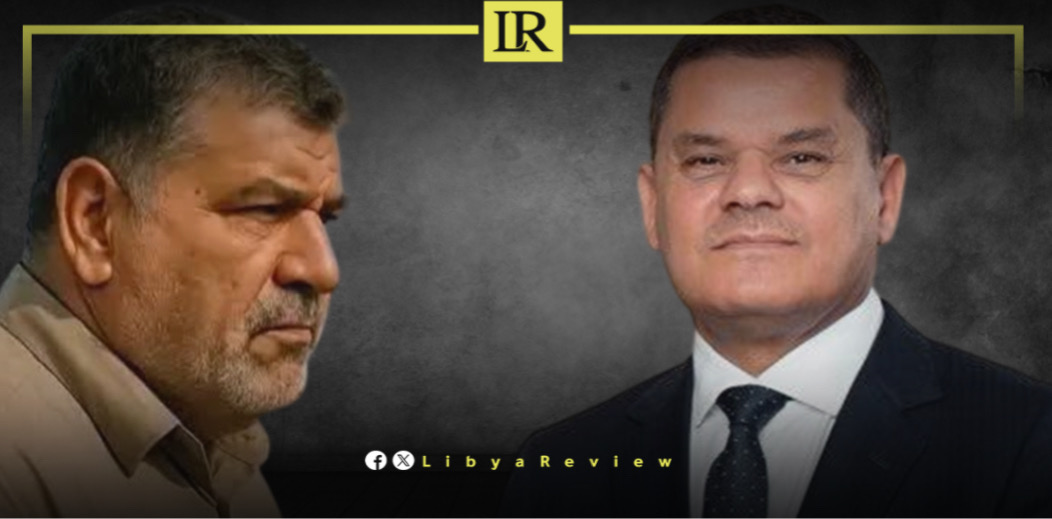The killing of Brigadier General Ali Al-Rayyani inside his home in southern Tripoli has triggered widespread controversy and raised serious questions about the true motives behind the incident.
Initially described as a failed robbery, the incident has evolved into a major political flashpoint after reports suggested that Al-Rayyani was the target of a coordinated operation, potentially linked to efforts to extradite him to the United States.
Al-Rayyani, a prominent military figure, had long been associated with Libya’s military activities during the 1980s, including alleged involvement in the missile attacks against a U.S. base on Italy’s Lampedusa island in 1986.
According to sources, Al-Rayyani had sensed he was under surveillance. When armed attackers stormed his home in Khallat Al-Furjan, he reportedly fought back with a Kalashnikov rifle, killing two of the intruders before being fatally shot. The Attorney General’s office has launched an investigation, and forensic teams are analyzing the bodies of three assailants killed during the confrontation.
Speculation is mounting that the attack was not an ordinary criminal act but rather an attempt to abduct Al-Rayyani for handover to American authorities, similar to previous controversial extraditions, such as that of former intelligence officer Abu Agila Masoud.
Social media and political commentators have accused the Government of National Unity of moral responsibility, accusing it of creating a political environment conducive to external interventions.
However, the (444) Brigade and the Judicial Police denied any official involvement, stating that the attackers, identified as members of a local Tajoura-based group, acted independently, using Turkish-made light arms.
For his part, Libyan Prime Minister Abdul Hamid Dbaiba publicly expressed condolences over Al-Rayyani’s death, promising a transparent military investigation. Meanwhile, Libya’s Human Rights Foundation condemned the killing as a “heinous crime,” calling for an independent inquiry and full accountability.
Al-Rayyani’s death adds to growing fears of lawlessness and political manipulation in Libya, where questions about sovereignty, foreign influence, and secret renditions continue to fuel public distrust.


